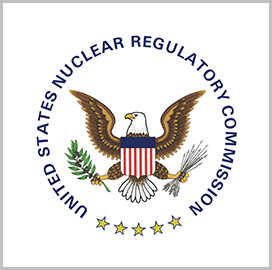In order for artificial intelligence to be successfully integrated into the nuclear industry, the data upon which such systems depend must be meticulously curated, validated and governed throughout its lifecycle, according to a document jointly developed by nuclear regulatory organizations from Canada, the United Kingdom and the U.S.
The recently-released document, titled “Considerations for Developing Artificial Intelligence Systems in Nuclear Applications,” notes that because “reliability, safety, and security are paramount” within the nuclear industry, ensuring the adequacy of AI systems by guaranteeing the quality and integrity of data is equally crucial.
“Deficiencies in data, such as incompleteness, bias, or inaccuracies, could lead to erroneous AI outputs with potentially unacceptable consequences; flawed data may result in flawed output. Equally, AI systems receiving very different inputs in real-world deployment versus training or testing may not perform well,” the document warns.
Prepared by the the Canadian Nuclear Safety Commission, the United Kingdom Office for Nuclear Regulation and the United States’ Nuclear Regulatory Commission, the document seeks to tackle “important topics that should be considered when deploying AI to ensure continued safe and secure operation of nuclear facilities, and other uses of nuclear materials.” The document is meant to benefit all parties involved in the lifecycle of AI systems, including developers, end users, regulators and their partners.





